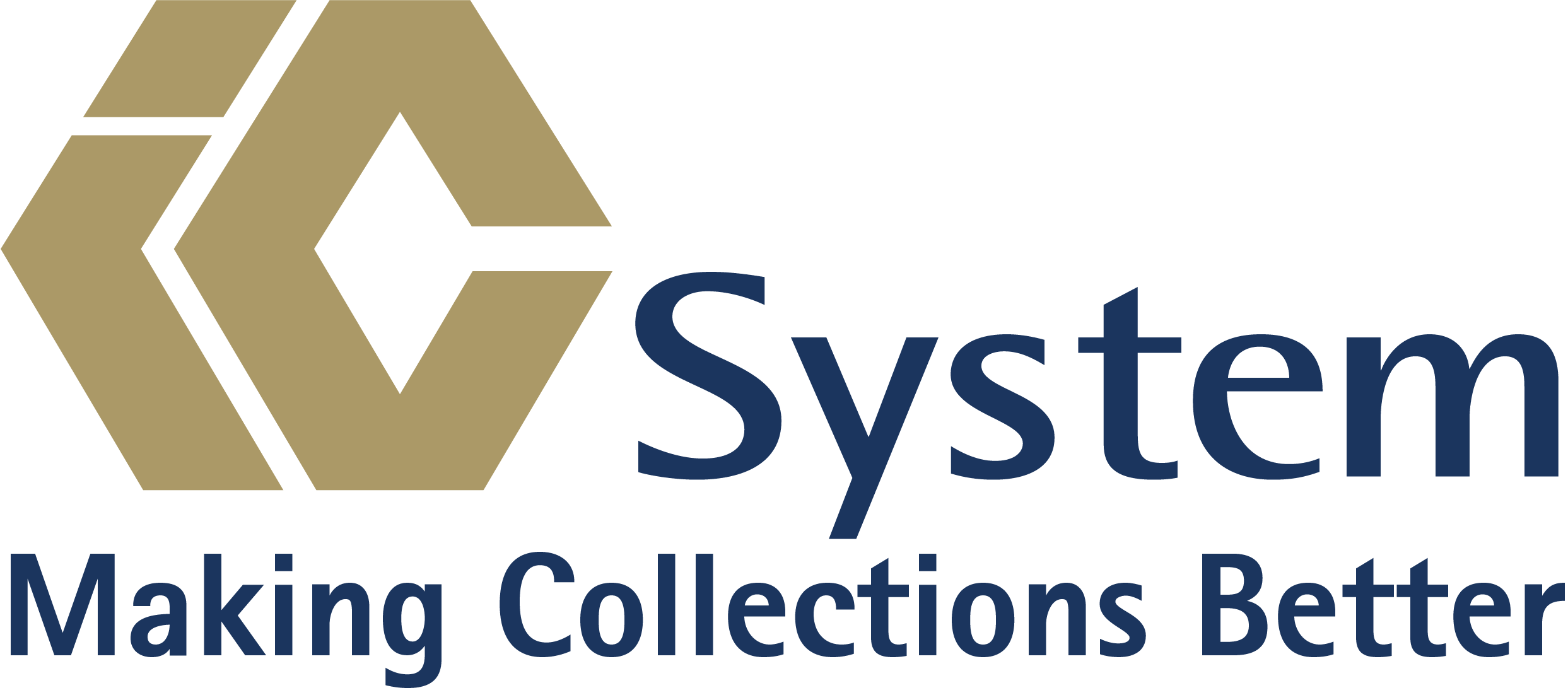Is your practice preparing for value-based healthcare?

Value-based healthcare seems to be in a holding pattern, largely due to ongoing shifts in healthcare policy out of Washington. However, many physicians and healthcare executives still believe this model will become the norm—even if the shift is gradual. In fact, 82 percent of 450 surveyed physicians and health plan executives believe the transition to value-based care will continue, despite the slow pace. In 2016, participation increased by only 5 percent.
Why has value-based care endured? Because it connects to the core reason many physicians enter the field: to improve health outcomes. The model rewards prevention, recovery, and fewer visits, aligning incentives with better care. But transitioning to this new system isn’t just philosophical—it’s highly technical. Practices must evaluate their infrastructure now to prepare for success later.
Here are three key steps to take:
1. Examine and Optimize Your Billing System
The first step in how to improve the medical billing process is to closely evaluate your current insurance and patient-facing billing systems. A strong claims process that reduces denials and minimizes delays will improve your cash flow. Likewise, optimizing the patient payment experience with best practices—like upfront cost discussions and multiple payment options—can significantly enhance patient billing efficiency.
Improved billing processes give your practice the financial flexibility to move toward value-based contracts while maintaining operational stability.
2. Choose Strong Revenue Cycle Partners
Your revenue cycle management partner plays a critical role in this transition. A good partner can help your practice collect and analyze billing data, automate workflows, reduce errors, and establish clear benchmarks for performance. These capabilities make your billing system more agile and allow your staff to focus on patient care rather than chasing payments.
3. Start Collecting and Using Quality Data
To succeed in a value-based model, your practice must demonstrate that it’s already achieving high-quality care and efficient outcomes. Begin collecting data now that reflects performance, patient satisfaction, and cost management. This data will be essential in negotiating future contracts with payers who prioritize lower risk and better outcomes.
Improving outcomes and billing efficiency benefits both your practice and the insurance companies—creating a healthier patient population and a lower-risk system overall.
Partnering for Better Financial Outcomes
Chasing down late payments can pull staff away from what matters most: patient care. Working with a collection partner who understands healthcare and offers a respectful, professional approach can save your team valuable time. IC System specializes in healthcare collections and helps resolve past-due bills efficiently—supporting your goals now and as you move toward value-based care.
Need help with collections?
Call us at 1-800-279-3511 to REQUEST PRICING!
About the Author: Eric Johannes








